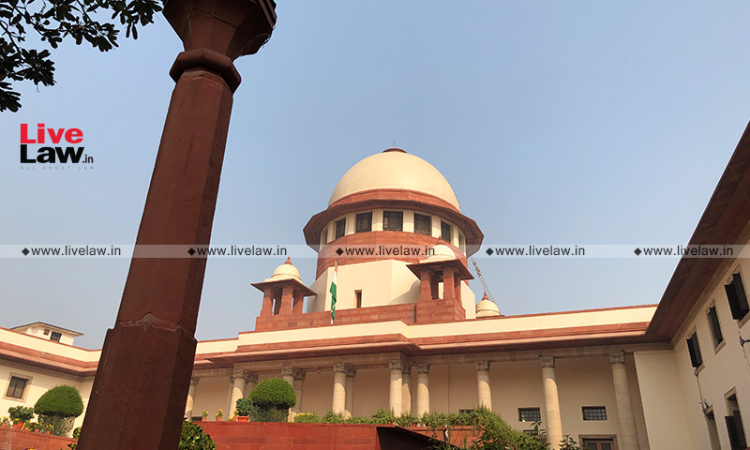PMLA| May Not Be Possible To Say That "Mere Use" Of Proceeds Of Crime Is Not Money Laundering: Supreme Court Indicates
Mehal Jain
22 Feb 2022 8:24 PM IST

Next Story
22 Feb 2022 8:24 PM IST
The Supreme Court on Tuesday indicated that it may not be possible to say that "mere use" of proceeds of crime is not money laundering.Advocate Abhimanyu Bhandari, for one of the petitioners, had sought to differentiate between projecting of proceeds of crime as untainted money and "merely using" of proceeds of crime- "Section 3 of the PMLA Act should be read down to say that mere use...
